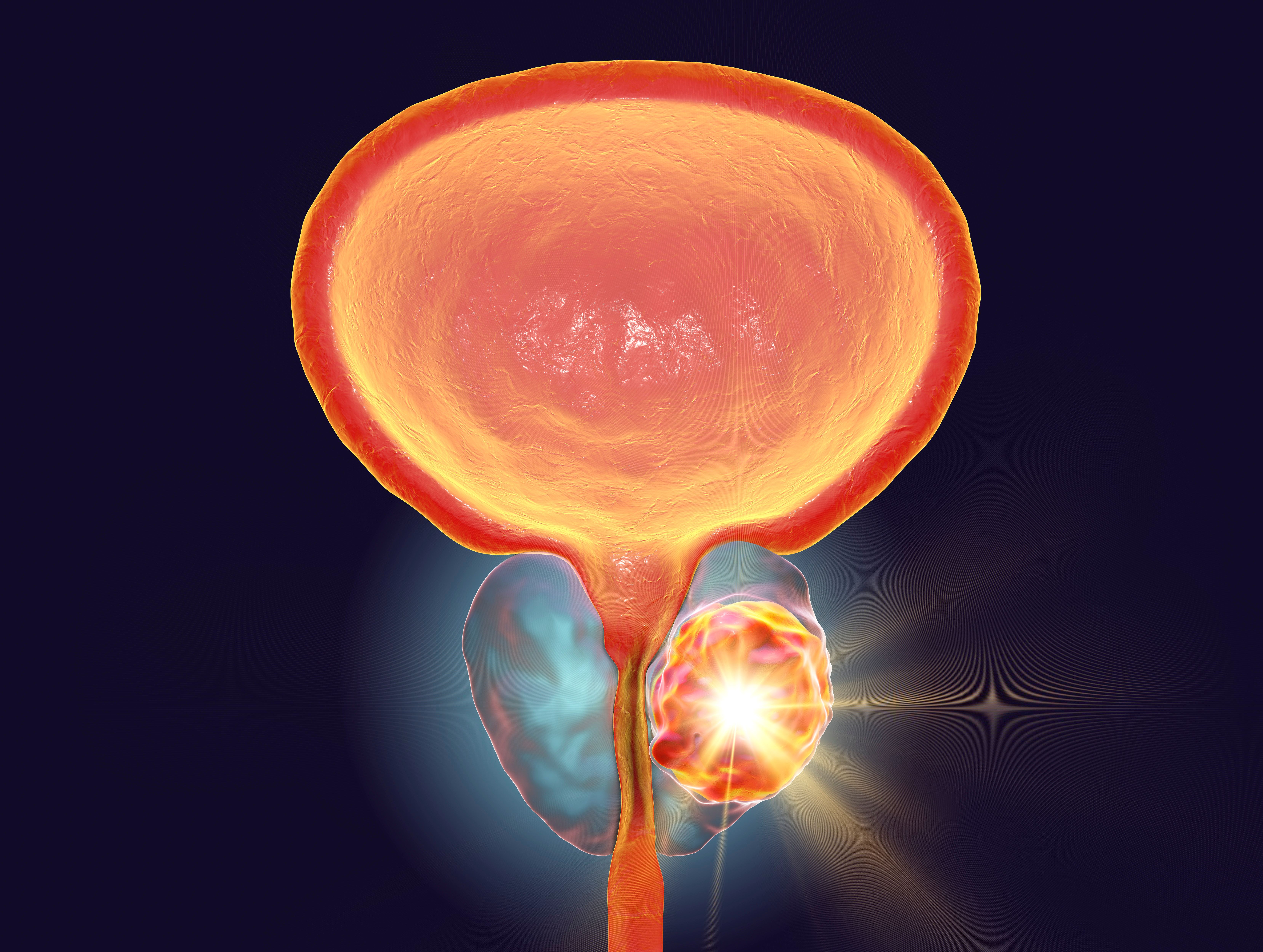Article
Study: Promoting Interleukin 25 in Fecal Transplants Could Help Recurrent C. Diff Infections
Author(s):
Finding alternative means to promote interleukin 25 could enhance the benefits of fecal transplants in patients with recurrent C. difficile infections.
New research suggests that using alternative means to promote interleukin 25 (IL-25) in patients with recurrent C. difficile infection could enhance the benefits of fecal transplants.
C. difficile infection (CDI) causes life-threatening diarrhea and often impacts patients in hospitals and nursing homes as a result of long-term antibiotic use, according to a press release from the University of Virginia School of Medicine. Fecal transplants are known to improve C. difficile outcomes, but researchers have not been able to establish why.
“Even though we know that fecal microbiota transplants can treat recurrent [CDI], we don’t know exactly why some microbe combinations work better than others or why the same combinations can have different effects on different people,” said researcher Ning-Jiun Jan, PhD, in the press release. “We believe this variability stems from each person’s immune system being unique. That is why it is important for us to find out what immune markers change in patients where fecal microbiota transplantation was successful in preventing C. difficile re-infections.”
To better understand the impacts of fecal transplants on patients with CDI, researchers analyzed blood and colon tissue samples collected from patients at the time of their transplants and then again 60 days later. They found that the transplants increased the presence of IL-25, an important agent of the immune system, in the patients’ colons.
According to the researchers, IL-25 is a vital link in the communication chain that controls the body’s immune system. This increase in IL-25 was accompanied by a decrease in damaging tissue inflammation, and the transplants also increased the diversity of the microbes naturally living in the colon. These microorganisms are increasingly understood to be essential for patients' health.
Based on their findings, the researchers concluded that the changes triggered by fecal transplants, including beneficial changes in the activity of certain genes, strengthen the ability of the immune system to battle recurrent CDIs. This ultimately helps patients heal from the infection, according to the researchers.
Furthermore, the researchers believe that clinicians may be able to enhance the benefits of fecal transplants by using other means to promote IL-25 in patients with recurrent CDI, according to the study.
“In the future, it may be possible to combine fecal microbiota transplants with cytokine-based therapies to increase the success rate of treatment,” Jan said in the press release. “There is a lot of interplay between our immune system and our intestinal microbes, and it’s exciting that understanding their relationship is helping us find new therapies.”
REFERENCE
Fecal Transplant Discovery Could Improve Care for Dangerous Infections. News release. UVA Health; December 9, 2021. Accessed January 19, 2022. https://newsroom.uvahealth.com/2021/12/09/fecal-transplant-discovery-could-improve-care-for-dangerous-infections/
Newsletter
Stay informed on drug updates, treatment guidelines, and pharmacy practice trends—subscribe to Pharmacy Times for weekly clinical insights.






